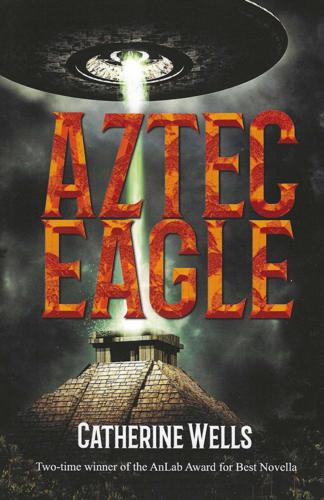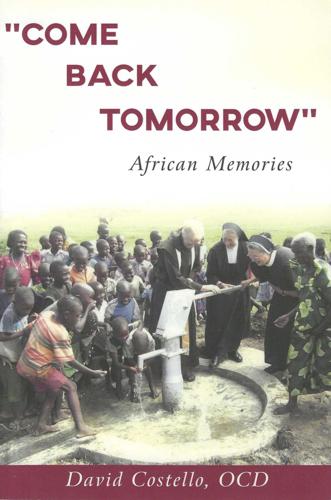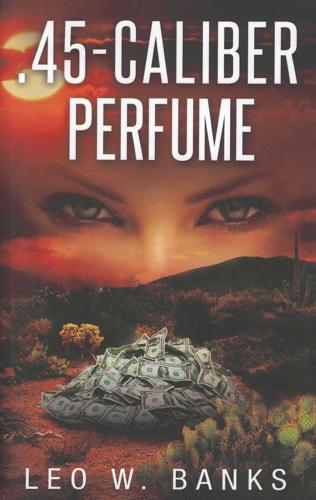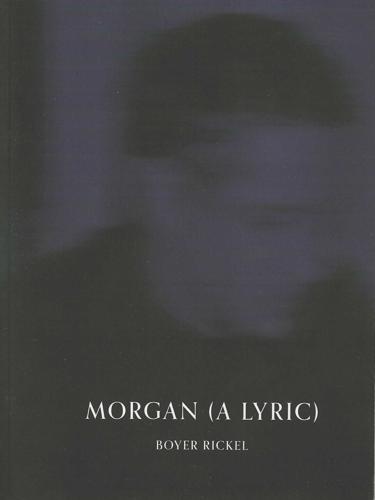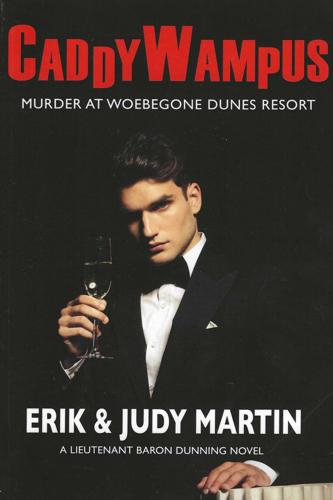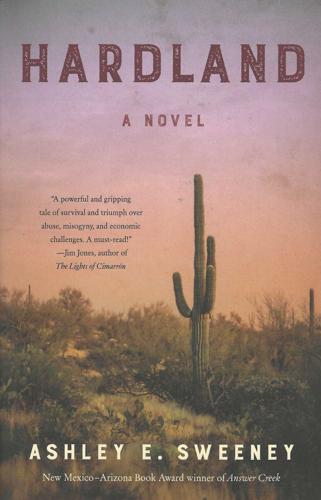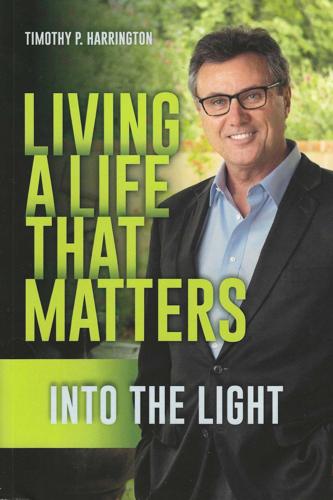“Aztec Eagle” by Catherine Wells. Jumpmaster Press. 229 pages. $14.99 paperback.
A Puerto Peñascan peddler kid with psychic powers, conflicts between colonizers and the colonized on the distant planet Alpha, flight training in a southern U.S. desert, a companion spirit to the “enfleshed,” who reads emotions through synesthesia: 2021 AnLab Award-winner Catherine Wells serves up a literary melange in her latest analog science fiction novel.
When cute Enrique Aguilar fails to sell ironwood figures to Peacemaker Captain Hunter Robinson, on R and R at Rocky Point, Enrique turns to his fall-back trick to grab the captain’s attention — intuiting playing cards. His psychic ability to “see” and read hidden cards correctly captures Hunter’s interest. That Hunter is an intergalactic pilot captures Enrique’s. Eventually, Hunter will step in to help Enrique go to school, and then sneak into the U.S. to attend a flight school for the Alphian fighters. At 17, in training with competitive Alphian teenagers, Enrique gets challenges beyond learning to fly.
— Christine Wald-Hopkins
“Come Back Tomorrow: African Memories” by David Costello, OCD. Wheatmark. 205 pages. $11.95 paperback.
In this “part chronicle, part memoir and part reflection on the nature of Christian mission in the light of Vatican II,” Tucson’s Santa Cruz Parish Priest in Residence Fr. David Costello writes of his experience as a missionary in Africa. Irish-born Discalced Carmelite Costello, assigned to California, volunteered for a mission in Kenya in 1995. Back to California after five years, Fr. Costello established the Carmelite Mission Office to support the Mission to Uganda, where he served from 2002 to 2008. This work describes the work in both countries, and reflects on challenges of Carmelite spirituality in a mission context. Included in “Come Back Tomorrow” are testimonies of other volunteers in the African mission and personal experiences, among which was a malaria dream in which Fr. Costello vehemently refused to be buried in a large clerical cemetery, in a village’s unmarked burial place for the poor and property-less. He lived to tell more stories.
— Christine Wald-Hopkins
“.45-Caliber Perfume” by Leo W. Banks. Brash Books. 219 pages. $18.99.
When you’ve got two bad girls in a novel, you might just have to let them battle out who will prove badder. It’s what Tucson writer Leo W. Banks does in his latest desert noir. Ostensibly central to the story is slimy Arizona businessman Henry Belmont, who’s running to unseat the current Arizona senator. On his right hand is campaign manager Mary Rose Cleary, a poetry-loving, posh college graduate who looks after her wheelchair-bound stepmother. On his left hand is Barbara Belmont, his once-stunning, street-educated wife, who manages Henry’s construction business. What the women have in common is they’re both sleeping with Henry. What they also have in common is an interest in the cash that lavishly and illegally flows through Henry’s campaign, a facility with firearms, and a taste for sexual variety. Catching Henry in flagrante with yet another woman triggers cooperation and competition between Mary Rose and Barbara: Is either to be trusted in a shared revenge scheme spiced by piles of cash? Can lesbian romance overcome greed? Does one really have to turn out to be badder than the other to succeed? Tune in ….
— Christine Wald-Hopkins
“Morgan (A Lyric)” by Boyer Rickel. Cold Line Press. 85 pages. $10 paperback.
“I’m sorry I’ve kept our relationship a secret,” said Poet Morgan Lucas Schuldt to Poet Boyer Rickel, sitting by Schuldt’s hospital bed a decade ago. “It’s time you write about us.” Schuldt was 31 years old, in acute renal failure following an unsuccessful lung transplant to relieve cystic fibrosis, and he was preparing to die. “Morgan (A Lyric)” tells their story — an unacknowledged eight-year romance, and Schuldt’s difficult end of life.
Rickel’s work flows in collage: Weaving through the narrative are poetry, reflections, observations and memories, lines from other writers, recurring images and lines (“No that then to compare to this now”; “Why do you take care of me?”). Also woven through are images, metaphor and Patroclus’s gruesomely slaying enemies in The Iliad (“and both eyes burst from their sockets, dropping down/ in the dust before his feet”). The nature of breath is central to the work — it’s miraculous in health; demonic in denial. Reading the book itself could be an exercise in breathing.
However poetic, the work as elegy does not shrink from or sugar-coat. It deals explicitly with medical procedures and the deteriorating body. It depicts sexual acts. It reveals a lover’s longings and the beloved’s sometimes casual ambivalence. In the end, it answers Schuldt by masterfully and beautifully validating and illuminating the poets’ secret relationship.
Rickel, whose previous work includes two book-length collections of poetry, a memoir-in-essays, and three chapbooks, taught in the University of Arizona’s Creative Writing Program for 20 years.
— Christine Wald-Hopkins
“CaddyWampus: Murder at Woebegone Dunes Resort (A Lieutenant Baron Dunning Novel)” by Erik and Judy Martin. Wheatmark. 406 pages. $19.95; Kindle, $9.99.
Lieutenant Baron Dunning is stranded by the side of the road in Nigeria, naked as a jaybird. The savvy reader will guess that the introduction of an unclad federal agent portends a tale of international espionage that is somewhat out of the ordinary. The reader will not be wrong.
Unperturbed by his nakedness and despite having been “threatened, harassed and terrorized” by armed militants, suave Lieutenant Dunning nonetheless has the situation in hand, displaying his characteristic level-headedness. It’s an admirable trait that serves him well as his globe-trotting investigation takes him from Nigeria all the way to Wisconsin’s five-star Woebegone Dunes Resort, where he’ll match wits with a nefarious secret society and uncover the dark truths surrounding an abandoned research site where dead bodies have been piling up.
Confused yet? As the novel’s title suggests, the authors have intentionally created a scenario in which everything is “in disarray and disorder… whacky, off-kilter an out of balance,” and they do it with good humor, winking slyly at the genre of spy thrillers. The cast of curiously-named characters — including scientist Adam Baum and the rogue priest Father Feely — call to mind Ian Fleming’s memorable flair for monikers, as do the frequent references to feminine pulchritude and the head-spinning plot twists that are the order of the day. Self-described philosophers of culture, the husband and wife writing team of Erik and Judy Martin are based in Green Valley.
— Helene Woodhams
“Hardland” by Ashley E. Sweeney. She Writes Press. 376 pages. $17.95; Kindle $9.49.
The Arizona Territory was no place for a lady at the close of the 19th century, but Ruby Fortune has no pretensions in that department in Ashley Sweeney’s new historical novel. Motherless from infancy, the “Girl Wonder” made her name with her fancy shooting in her father’s traveling Wild West show, but Ruby’s luck ran out when Big Burl died, leaving her orphaned and prey to the opportunistic and abusive Willie Fortune. Battered, impoverished and drug-addicted, Ruby’s struggle to survive for the sake of her children takes a turn when, after one near-deadly beating too many, she decides to start making her own luck — and she has the derringer to make that happen.
Sweeney has won multiple literary awards for her previous two novels, and they are well-deserved. With Ruby Fortune she demonstrates a deft hand for rendering a compelling character without falling back on “Western Women” stereotypes: Ruby is flawed and makes some questionable choices, but never surrenders to victimhood. She has grit and is refreshing in her authenticity. Authentic is the key word here: in the fictitious town of Jericho, just north of Tucson, the desert heat shimmers, the air is redolent of creosote, and history is alive. This is a book to get lost in. A native New Yorker, Sweeney now divides her time between Tucson and the Pacific Northwest.
— Helene Woodhams
“Living a Life That Matters: Into the Light” by Timothy P. Harrington. Published by the author. 168 pages. $16.
Growing up in a hardscrabble Montana mining town that offered few prospects for a creative young man, author Timothy Harrington opted to spend his adult life moving away from the symbolic darkness of the mines and towards the light. It was hard work, he says, learning to ditch his emotional baggage — but his refusal to let his past shape his future allowed him to embrace his artistic passion and realize his potential.
With heartfelt sincerity and a caring voice, Harrington shares his experiences to motivate those struggling with self-defeating behaviors rooted in past shame and mistakes. He offers a template for success, including exercises for moving beyond doubt and fear to achieve a fully-realized life. The president of a firm that provides strategic planning, consulting and training for financial institutions, Harrington also provides leadership training. He lives in Tucson.
— Helene Woodhams
“Lookout! Lookout! Snids Got Out in New York City!” by Gramma D. Illustrated by Blueberry Illustrations. Independently published. 24 pages. $10.95; Kindle $5.99.
Writing as ‘Gramma D,’ Tucsonan Vivian French Dennis offers a lively read-aloud for little kids who know a good prank when they see one. And, what could be a better prank than racing around New York City, popping the buttons off everyone in the metropolitan area? That’s just what the Snids did when, intent on mischief, they arrived in New York in their millions. The populace was left struggling to hold up their pants while the Snids built a tower of buttons higher than the Empire State Building.
Gramma D understands that a sure-fire way to a kid’s imagination is through his funny bone, and she sweetens the deal by letting the Snids get away with it — a satisfying conclusion for the preschool set. Witty illustrations will delight, and bonus line drawings, suitable for coloring, let young readers get into the act. This is the first in a planned series about the Snids.
— Helene Woodhams
According to 'Redbook' magazine, these fan-favorite movies spawned from books.


